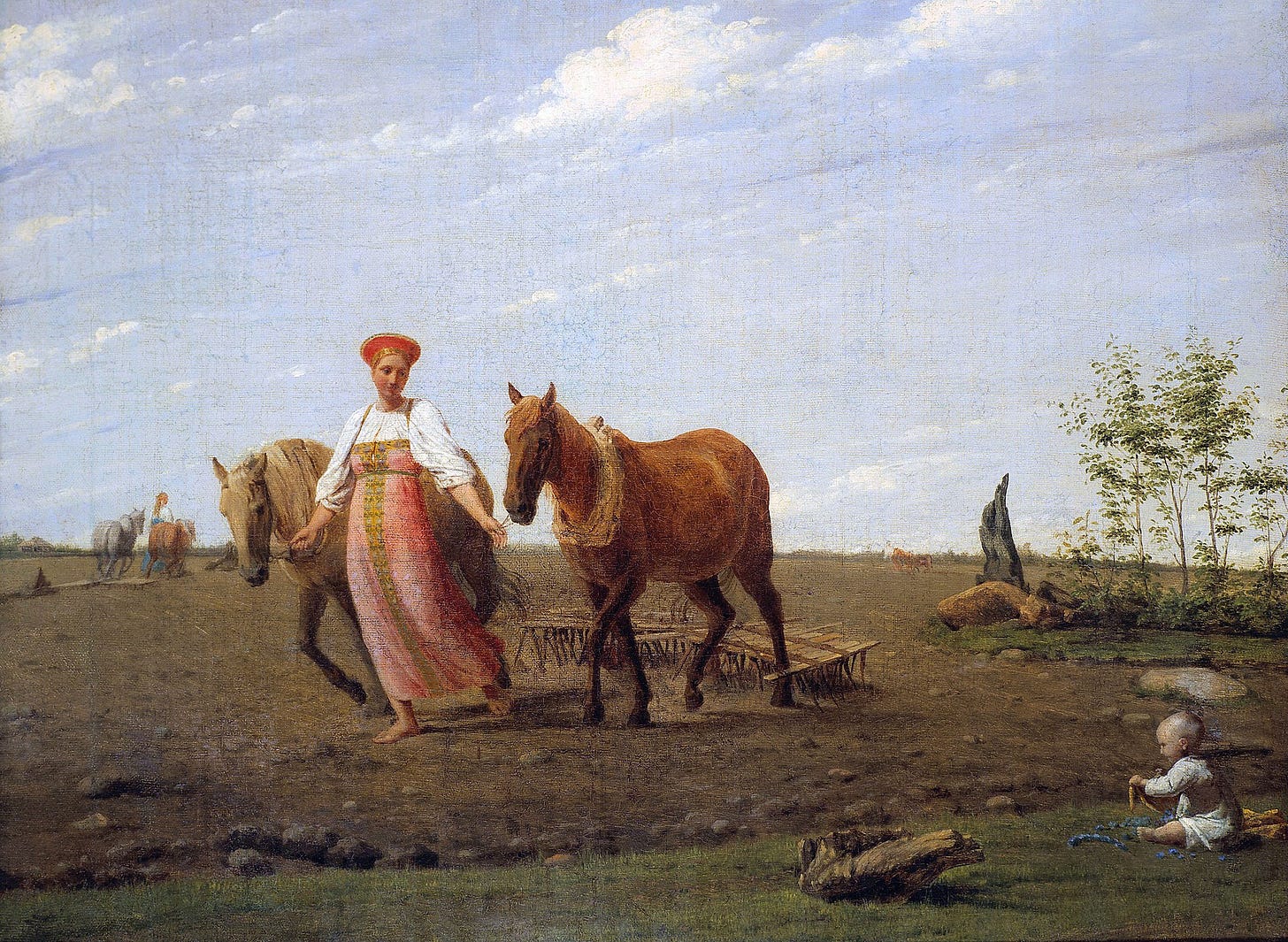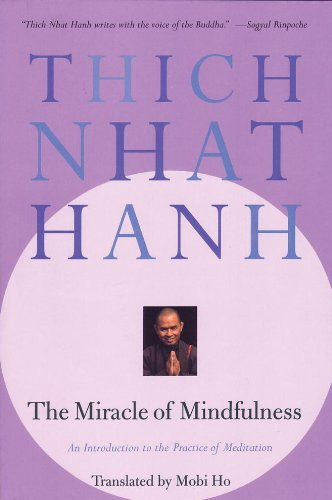
Why do I do what I do? Is it for the doing of it or for the having done it?
Do I act in order to build or maintain some image of myself? Some image that pleases others or that pleases me, perhaps? If so, then I am a slave of that projected image, and with every action, I place new chains around my neck. My lived life is then a means to an end, an offering at the altar of the imagined life, and I treat myself as nothing but a work animal.
Or perhaps I act with some goal in mind, such as wealth, peace of mind, or fulfilment. The destinations are many, but the road is one and the same: I disregard the real for the imagined, for a dream where I have all the things I presently deprive myself of. And should that dream materialize, do I expect the mind to suddenly break character and grow content with the here and now? Of course not! The worst thing for a dream is to come true, for then it becomes the discontent of which the next dream is born… Thus goes the cycle of suffering and desire the Buddha spoke of. As long as my actions are a means to an end, they are the practice of life-denial. As Pink Floyd put it:
Long you live and high you fly
But only if you ride the tide
Balanced on the biggest wave
You race towards an early grave
Breathe, The Dark Side of the Moon, Pink Floyd
But what if I do what I do simply for the doing of it? What if, instead of prioritizing actions based on vanity and agenda, I prioritize them based on the actions themselves? What if I look for myself, for wealth, peace, and fulfilment, not at the far side of actions, but in the immediacy of the act?
For one, this places a high bar on what I choose to do in life. The mind’s fancy can lull me into doing anything, no matter how averse to my nature. The gut, however, which always has to do with the here and now, is harder to fool. How much of what I do on a daily basis would fall away if I only listened to my gut!
When means and ends collapse into the now, the this, whatever action arises is complete in itself. It is enlightened action, free from fear and desire, free from time. Scientists call this a “flow state”, Buddhists call it “mindfulness”, but really, it is simply living with eyes open. Eyes open to the fact that this action, this moment, this experience, is all there ever is.
May we meet life where it is,
Simeon
Tao abides in non-action,
Yet nothing is left undone.
If kings and lords observed this,
The ten thousand things would develop naturally.
— Laozi, Tao te Ching (ch. 37), translated by Gia-Fu Feng
Suggested Reading
The Miracle of Mindfulness by Thich Nhat Hanh
There is no enlightenment apart from this moment. The Miracle of Mindfulness invites you to see every action, no matter how “trivial”, as sacred. It is also one of the books that has most powerfully affected me on my path.
Order here and support SEEKER TO SEEKER at no extra cost.
Here, we explore the Buddhist view of karma and rebirth, not as superstition, but as deep psychological insight: that the quality of our actions determines our lives. When we act from craving or aversion, we reinforce the cycle of becoming. But when action is whole in itself, free of agenda, it leads to that freedom beyond naming.



An engaging substack presence, Simeon, appealing and thougtful as expected -- thank you for this additional way to enjoy your warm, wise work.
The depth of your journey and your ability to communicate clearly are remarkable it’s an honor to discover you and learn from you